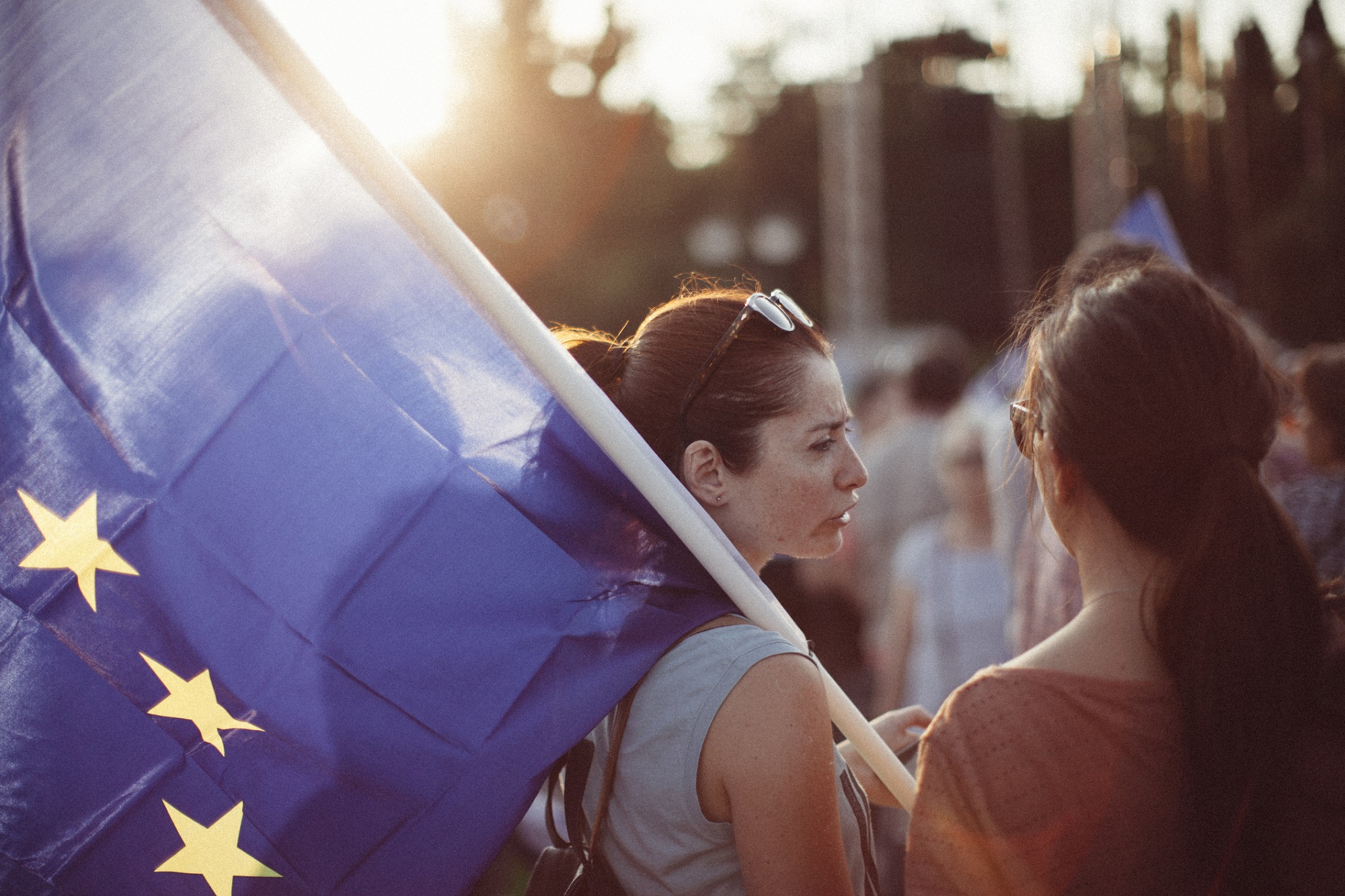A strange destiny unites Ventotene and Santo Stefano that history had intended as a place of punishment and exile, whither to send those who no longer had the rights to have contacts with their environment of origin.
These islands were to be remembered only for suffering and pain and instead they passed into history as the place where Europe was born, and in fact here was written the Ventotene Manifesto the base of the dream for rebirth from the suffering of the Second World War and of all those wars that preceded her.
During fascism the famous eighteenth-century Bourbon prison was used to confine politicians hostile to the regime.
In 1941, Altiero Spinelli, Ernesto Rossi and Ursula Hirshman were among the 800 exiles on the island of Ventotene.
The privations, the psychological pressure and the poor quality of life did not prevent these excellent minds from transforming the experience of exile in the limited spaces of the island into the dream of a better world.
Here was planted the seed of a new community, with new rules of organization, which would have allowed the war to end and the people of Europe to redeem themselves from that immense tragedy and to create criteria and rules for new institutions. This is how “Il Manifesto di Ventotene” was born for a free, united and peaceful Europe.
They secretly worked on their document for about six months, tracing the guidelines of what would become the charter of rights, the foundation of the European Union. The document explains that the League of Nations, an international organization created after World War I, had not avoided nationalism, authoritarianism and a new world conflict because it had reestablished the key nations as they were before the wars.
To avoid this error, they proposed to create a European supranational body in which the wealth and assets of the individual communities were redistributed in an equitable manner. The government of this organism had to be decided with general elections in which all peoples could express themselves. This union of intents in the economic and political field would have helped overcome the opposition by particular interests through a democratic order such as the self-determination of the people themselves.
Hence the birth of a European Parliament occurred that was able to limit the interests of individual nations for the benefit of a common interest. Altiero Spinelli then became a member of the Italian and European Parliament and European Commissioner for Industrial Affairs. One of the two wings of the building of the European Parliament in Brussels is dedicated to him.







Follow us